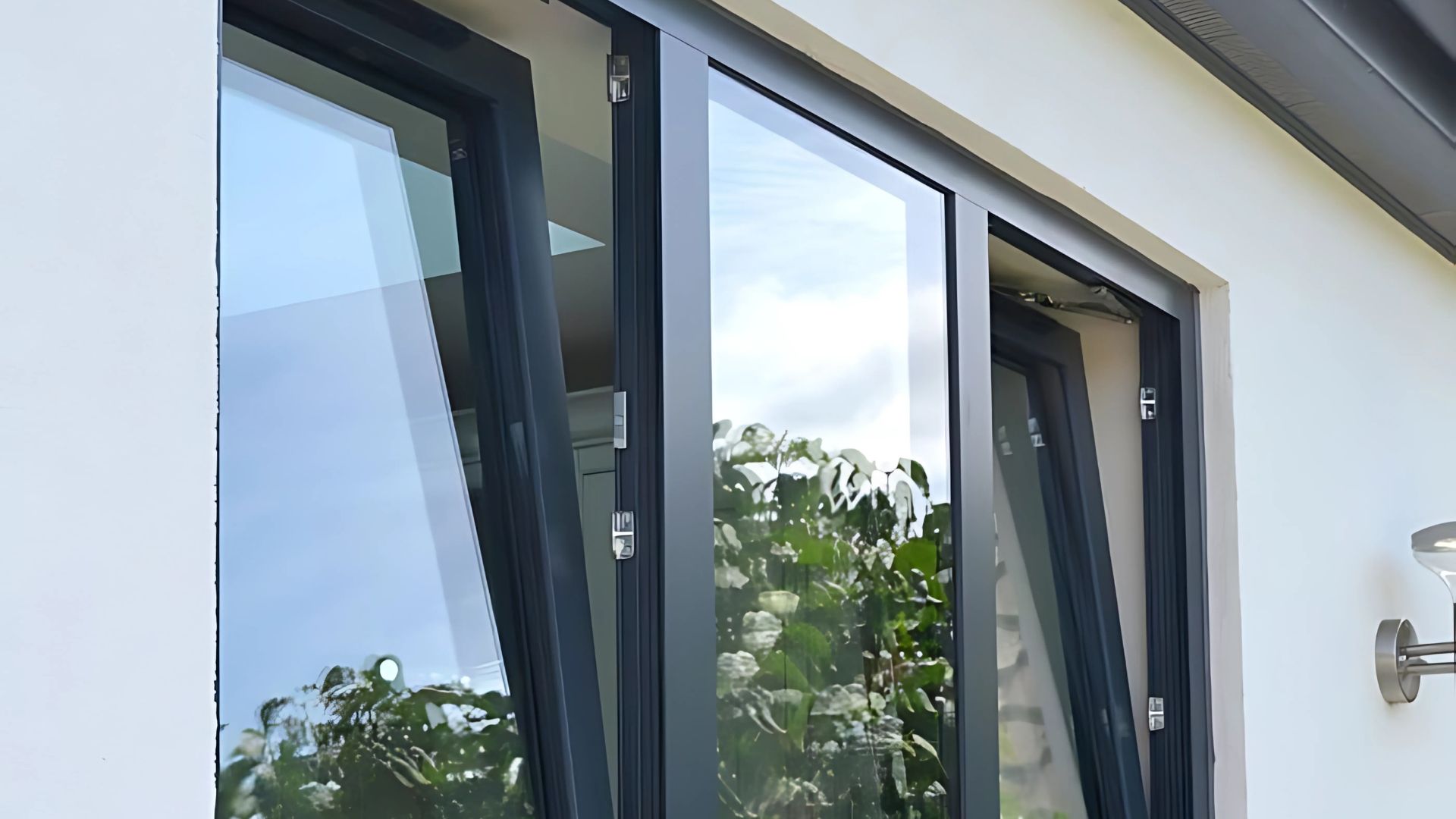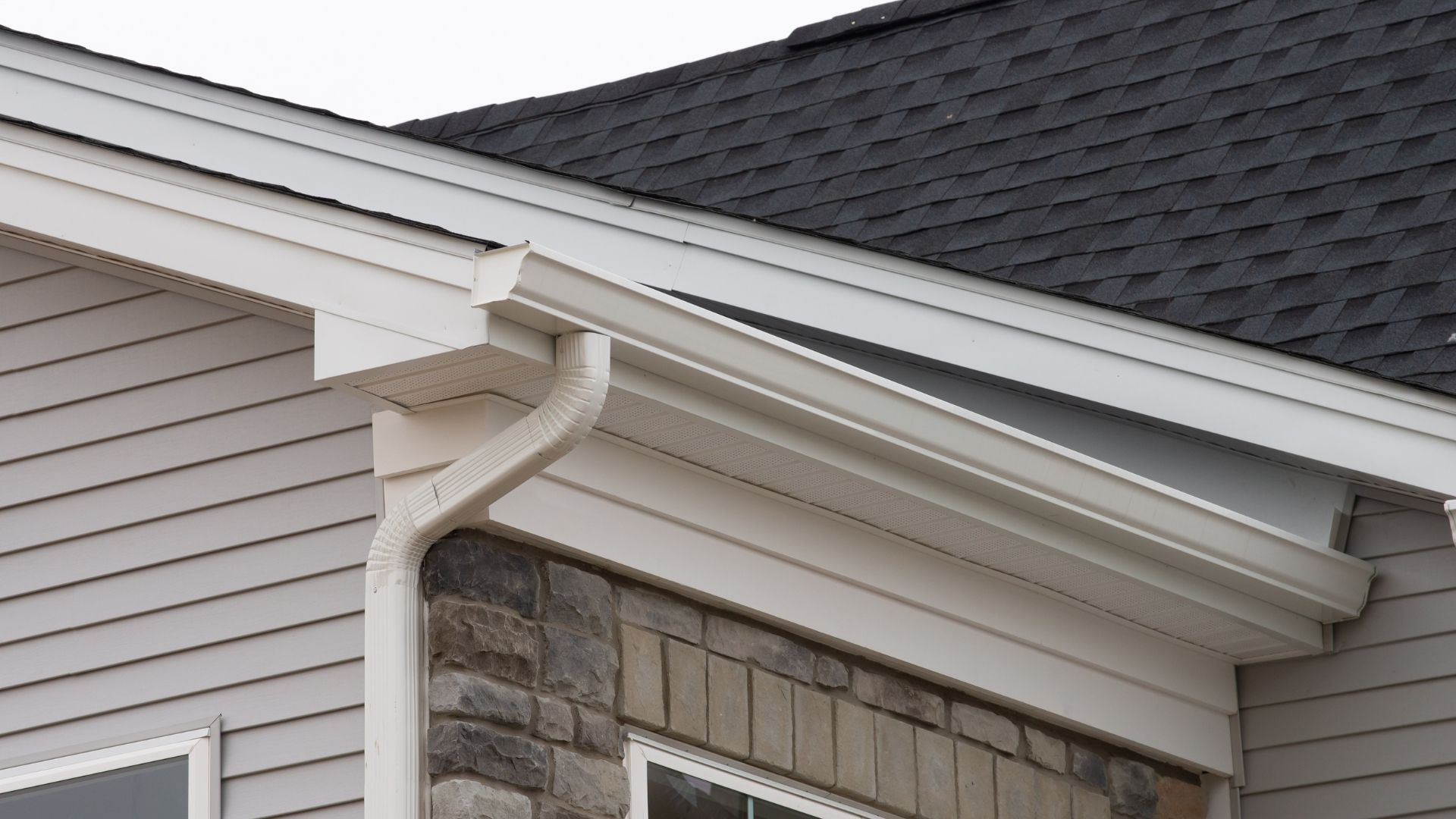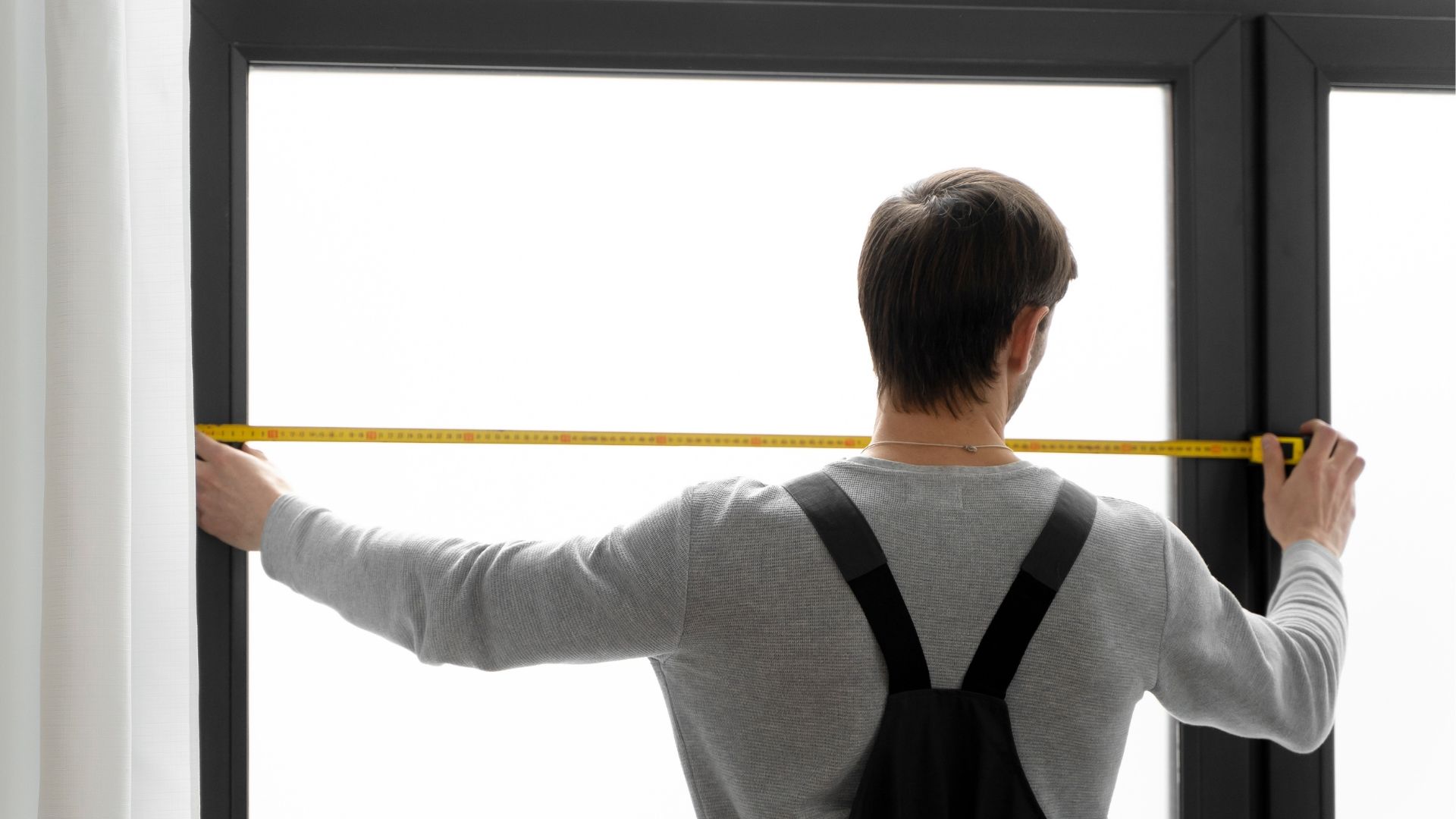UK government grants for home improvements [2025 guide]
Everyone deserves a warm home. Learn what government help is available when improvements are needed.

A 2024 NatWest survey revealed that a third of homeowners intended to make sustainable home improvements within the next five years.
The same survey found that 65% of the homeowners answered "yes" when asked if they intended to make sustainable home improvements within 10 years. Interestingly, out of the 35% that said "no", the majority said the cost of the work was the barrier.
The good news is that help is available. The UK government offers grants and schemes to help low-income households benefit from sustainable home improvements, whether they own or rent their homes.
In this guide, we explain how to access this support and cover the various grants available in 2025. We also look at another option: our free upgrade from double glazing to energy-efficient triple glazing.
The first step: getting an Energy Performance Certificate
Your property must have an Energy Performance Certificate (EPC) before you can check for eligibility. This is issued by an approved assessor after looking around your home.
An EPC rates your home's energy efficiency and carbon footprint. To figure this out, the assessor will look:
- At your windows
- At your heating and hot water systems
- At your lighting
- For any evidence of insulation (they will need access to your loft)
They will also take into consideration the age and construction of the building, including its dimensions, layout and number of usable rooms.
Each property receives an alphabetical rating from A down to G. An EPC rating of D or below is regarded as energy-inefficient and would be prioritised for help.
Not sure if you have an EPC? If you moved into your home after 2007, you can check the online EPC register for free.
If you're a homeowner and your property doesn't have an EPC, you'll need to pay a fee to have an assessment. Shop around online and at local estate agents, as the amounts charged can vary.
If you're renting, your landlord is legally obliged to provide an EPC – even if your home is a listed building.
What schemes and grants are available?
There are a variety of ways to get help. Let's have a look at them in detail.
Green Homes Grant
No longer active
We'll get this one out of the way first. While the Green Homes Grant still appears on Google searches, it stopped taking applications in March 2021.
Don't worry, though – there are still options available that may be suitable for you.
Support for Mortgage Interest (SMI)
Currently active with no set end date
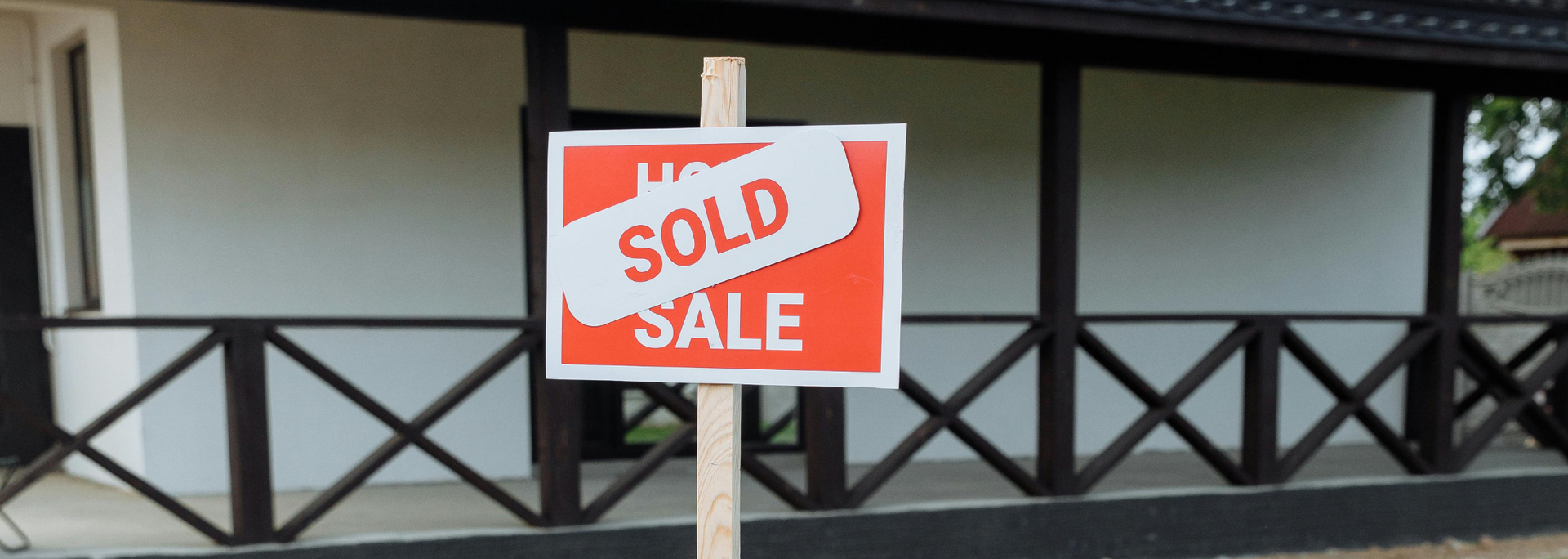
Have you taken out a loan for home improvements but are now struggling to pay? The SMI scheme could help with paying the interest.
The SMI is a loan you must pay back with interest when you have enough equity – for example, if you sell your home. To check the full terms and conditions and eligibility criteria, see GOV.UK:
https://www.gov.uk/support-for-mortgage-interest
Energy Company Obligation scheme phase 4 (ECO4)
Began in 2022 and is set to end in March 2026
This government scheme is funded by the major UK energy companies to improve the least energy-efficient homes and reduce carbon emissions with renewable energies.
This can include upgrading boilers and heating systems, providing insulation and heat pumps, and even installing solar panels.
Eligibility depends on the benefits you're claiming and your home's EPC rating. You can learn more on GOV.UK and apply from there:
https://www.gov.uk/energy-company-obligation
Note: renters will need their landlord's permission for any work done.
Local Authority Flexibility scheme (LA FLEX)
An add-on to ECO4
This is for anyone:
- With a low income
- Who lives in a property that qualifies for ECO4
- But is not claiming any qualifying benefits
You will need to contact your local authority (council) directly and ask to be assessed for the scheme.
Boiler Upgrade Scheme (BUS)
Began in April 2022 and is set to continue until March 2028
This government grant encourages replacing fossil fuel heating systems (oil, gas, electric or LPG) with low-carbon heating systems. That means heat pumps or, in specific circumstances, a biomass boiler.
The scheme will pay part of the cost of installation for you. However, you should first check if your property is eligible via GOV.UK, as there are some exclusions:
https://www.gov.uk/apply-boiler-upgrade-scheme
Next, you'll need quotes for the work from MCS-certified installers. Once you accept a quote, the installer must apply for the grant for you on the Ofgem website. The amount granted will be taken off the cost, and you'll pay the rest.
BUS still requires an investment from you, but the benefit should be a warmer home with much lower energy bills.
Warm Homes: Local Grant
Began in April 2025 and is set to run for at least three years
Local authorities in England have been allocated funding by the government's Warm Homes Plan. This aims to bring five million homes to an energy-efficient grade within five years. Their agenda is to target fuel poverty and give people warmer homes with less energy costs.
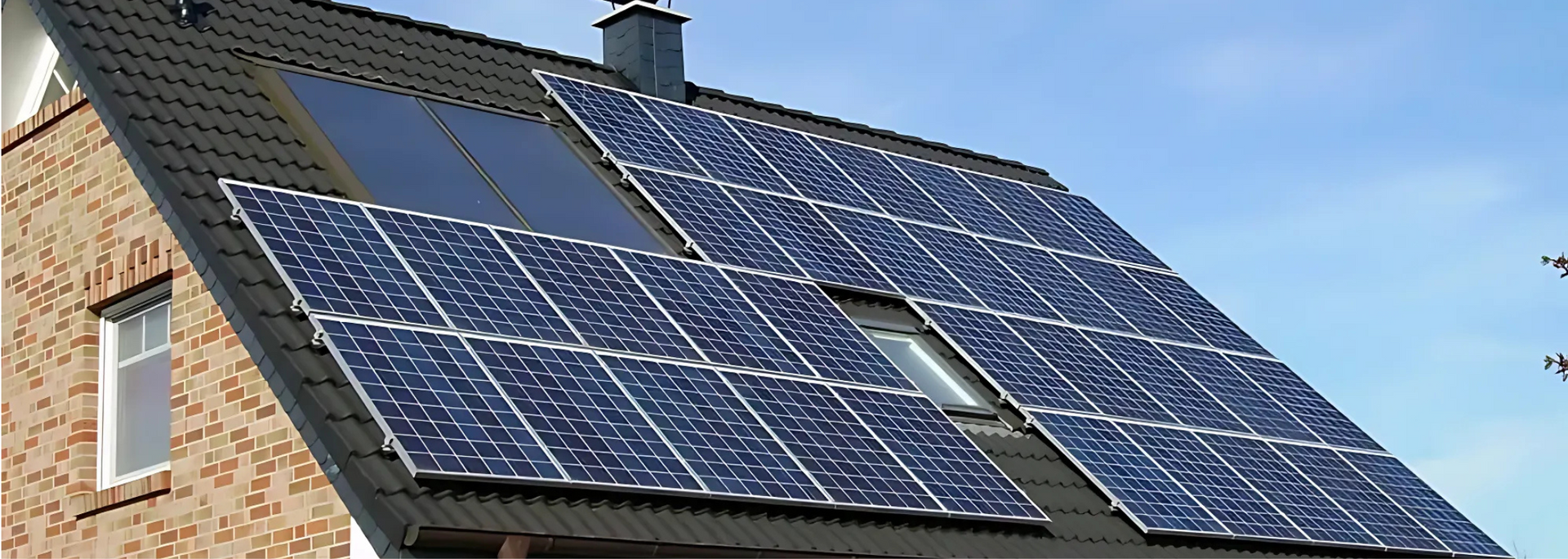
The Local Grant covers properties that are privately owned – either by the occupant or a landlord – with an EPC grade of D or below. It will fully fund any allocated improvements, which can include insulation, heat pumps, smart controls and solar panels.
The eligibility for this one is quite broad, so it's definitely worth checking if you can apply:
https://www.gov.uk/apply-warm-homes-local-grant
Warm Homes: Social Housing Fund
Began in April 2025 and is set to run for at least three years
This is part of the Warm Homes Plan for social housing and covers properties with an EPC grade of C and below. As with the Local Grant, its aim is to provide warmer, more energy-efficient homes.
Upgrades available include insulation, heat pumps, solar panels and double glazing. Landlords are expected to pay 50% of the cost.
Contact your social housing company if you think your home qualifies. Here's a
list of eligible social housing companies.
Disabled Facilities Grants (DFG)
Introduced in 1989 and does not have a set end date
This grant is to help individuals with disabilities make essential changes to their homes so they can get around more easily and manage everyday tasks.
Adaptations to your home could include:
- Wider doorways
- Ramps
- Grab rails
- A stairlift
- A walk-in shower or wet room
- Improved access to your garden
- An extension to make a downstairs bedroom
- A more suitable heating system
- Adapted controls for heating and lighting
Eligibility depends on your savings and income – unless the grant is for a child under 18. See the criteria and learn how to apply at GOV.UK: https://www.gov.uk/disabled-facilities-grants
Another option: Calder Windows' free triple-glazing upgrade
Investing in our A++ triple-glazed windows is an extremely effective way to save on energy costs and add value to your home.
And now, we're thrilled to be able to offer our customers a free upgrade to triple glazing when they place an order for double glazing.
With our revolutionary triple-glazed units, you could see a 40% improvement in the thermal efficiency of your existing windows, leading to huge savings on heating costs.
It would make a wise investment at any time – and with our 0% finance options, they're more affordable than you might expect. Right now, however, we're offering this huge upgrade at no extra cost.
To get started, simply get in touch for a free quote. But hurry – the offer won't last forever.
Calder Windows is a door and window supplier based in West Yorkshire. We've been supplying and fitting high-quality windows and doors for more than 30 years.
Get a FREE quote
Are you on the lookout for uPVC window fitters in Wakefield or West Yorkshire? With over 30 years' experience and an extensive range of uPVC windows, we can help. Request a quote today or apply for finance and spread the cost.




